
Kicking off the conversation about mental health in construction
Former England and Everton footballer Trevor Steven explains why the beautiful game has an important role to play in supporting mental health awareness in construction
As the football season draws to a close, fans across the country will be taking stock of the peaks and troughs of the game.
But for many, the camaraderie of fellow fans and the relationship with their club is not just a hobby – it’s a vital lifeline.
Demonstrating how sport can help to support local communities, Everton recently opened a purpose-built mental health and wellbeing hub.
Working in partnership with construction technology provider Causeway Technologies, the football club is also helping to connect the dots with the construction industry and its approach to mental health.
In the UK, two construction workers commit suicide every working day. Stress, anxiety and depression account for a fifth of all work-related illnesses, according to research from construction industry charity Lighthouse Club.
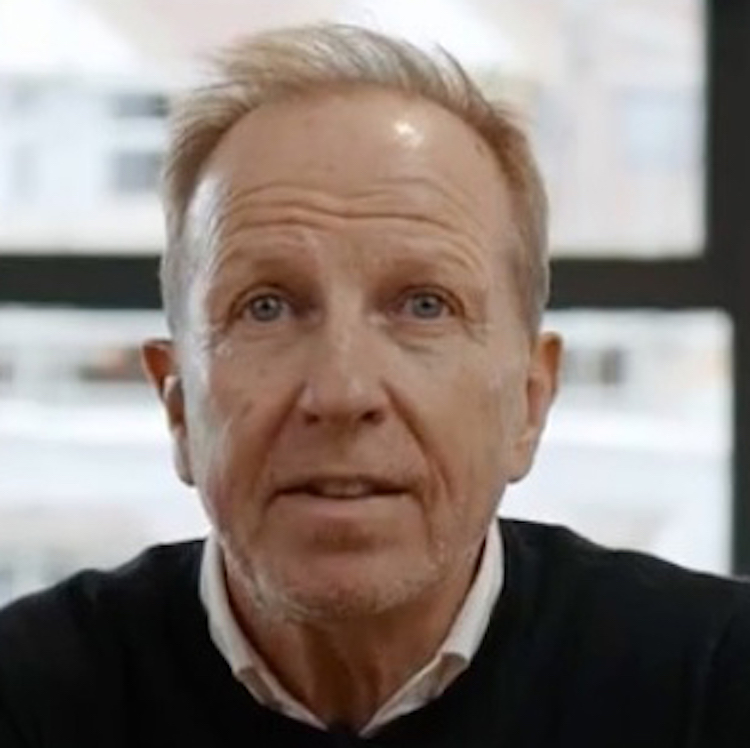
Just consider the average number fans at every football match who also work in the construction industry – that’s a lot of people we can reach out to
To help address this worrying trend, Causeway is working closely with Everton in the Community – the football club’s official charity – to launch a major survey looking at mental health and wellbeing in construction.
The initiative aims to explore the views of construction workers on the role technology could play in helping to improve wellbeing on construction sites, while using the shared love of football to help facilitate conversations about mental health.
The power of football
Former England and Everton footballer Trevor Steven joined Causeway in 2020 as a mental health ambassador.
Speaking to CIOB People about the urgent need to remove the stigma from mental health issues, Steven is clearly passionate about using his profile to help address the suicide rate in construction.
“We are really focused on de-stigmatising mental health within the construction industry, primarily because the rate of suicide is at a critical level. The numbers set construction apart from other industries,” he says.
Tragically, the rate of construction suicides has been on the increase in recent years.
Office for National Statistics (ONS) data also shows that the highest suicide numbers by occupation are among skilled construction and building trades. The figures include men and women aged between 20 and 64 in England.
People’s Place
As part of an ongoing partnership, Causeway is one of a variety of donors to help fund Everton in the Community’s new mental health and wellbeing hub.
The People’s Place, located 500m away from Everton’s ground at Goodison Park, is home to the charity’s mental health projects and provides wellbeing activities alongside educational and employment support.
Steven explains that part of the facility’s appeal to the local community is the link to the football club. “People trust in the Everton badge, and that badge is right above the doorway,” he says.
Relying on that trust, Causeway and Everton hope their mental health survey will strike a chord with construction workers who are fans of the beautiful game.
“Just consider the average number fans at every football match who also work in the construction industry – that’s a lot of people we can reach out to,” says Steven.
“So, what can we do to help address the suicide figures in construction? We have to encourage people to talk.”
Culture change
Steven acknowledges the traditionally laddish culture in construction – not dissimilar to football – can make it challenging for people to speak out about their mental health issues.
“When it comes to the stigma around mental health, the environment inside a football dressing room is very similar to construction,” he says.
“Football can do a lot for construction. If someone is struggling to cope, it can be difficult to open up in the workplace or with their family. They can then spiral into an even darker place.
“What you often find with football fans is a really broad spectrum of people. There’s a unique relationship with their team and the badge. It’s been there since childhood. So what we’re looking at is how we can get football to play its part in this.”
Creating safe spaces
Steven explains that the long-term aim is to see each football club develop a safe space for fans in the local community, providing mental health support and advice.
“That might be the place where that first conversation starts. Then it might not be so difficult to access other lines of support. Football can be the starting point for these conversations,” he says.
“We’re hoping the work we’re doing with Everton Football Club could be the blueprint for other clubs across the country.
“And it’s not just Premier League clubs… Everyone can do their bit to get this conversation started.”
Outreach programme
The former midfielder is currently leading an outreach programme in which he visits construction sites across the country to raise awareness around mental health and wellbeing, as well as inviting workers to complete the survey.
“We hope the results will provide a snapshot of what it’s like to work in the construction industry,” Steven explains.
Physical health and safety are front and centre when you’re tendering for any construction contract, but mental health often goes unmentioned
Beyond the research, the long-term focus will be on amplifying some of the big issues around mental health, as well as garnering political support.
“We need to look at the Procurement Bill to really drive change,” insists Steven. “Physical health and safety are front and centre when you’re tendering for any construction contract, but mental health often goes unmentioned.
“There needs to be more focus on how the mental health of the construction workforce will be supported in the workplace. How will that be catered for and what do the support systems look like?”
Simple steps forward
In light of the statistics around mental health in construction, there is undoubtedly scope for improvement across the industry.
“There are some simple things that everyone can do: be kinder, be patient and listen to each other,” Steven says.
“Understand that the person next to you has a completely different life to you – you may be fine and they may not be. But tomorrow, it could be you who needs help and support.
“It’s so important that people know that struggling with your mental health is not a sign of weakness. We’re all human. We need to get to a place where conversations around mental health are normalised and accepted.”
To complete the survey, click here. Individual responses are anonymous and kept entirely confidential.
Mental health support and advice for CIOB members, past members and related family is available through CIOB Assist. CIOB, in partnership with Anxiety UK, also provides wellbeing support.
For additional support or advice, contact the Samaritans by calling 116 123. Alternatively, you can also access support via the industry charity Lighthouse Club. You can call the support line on 0345 605 1956 or text HARDHAT to 85258.
Comments
Comments are closed.


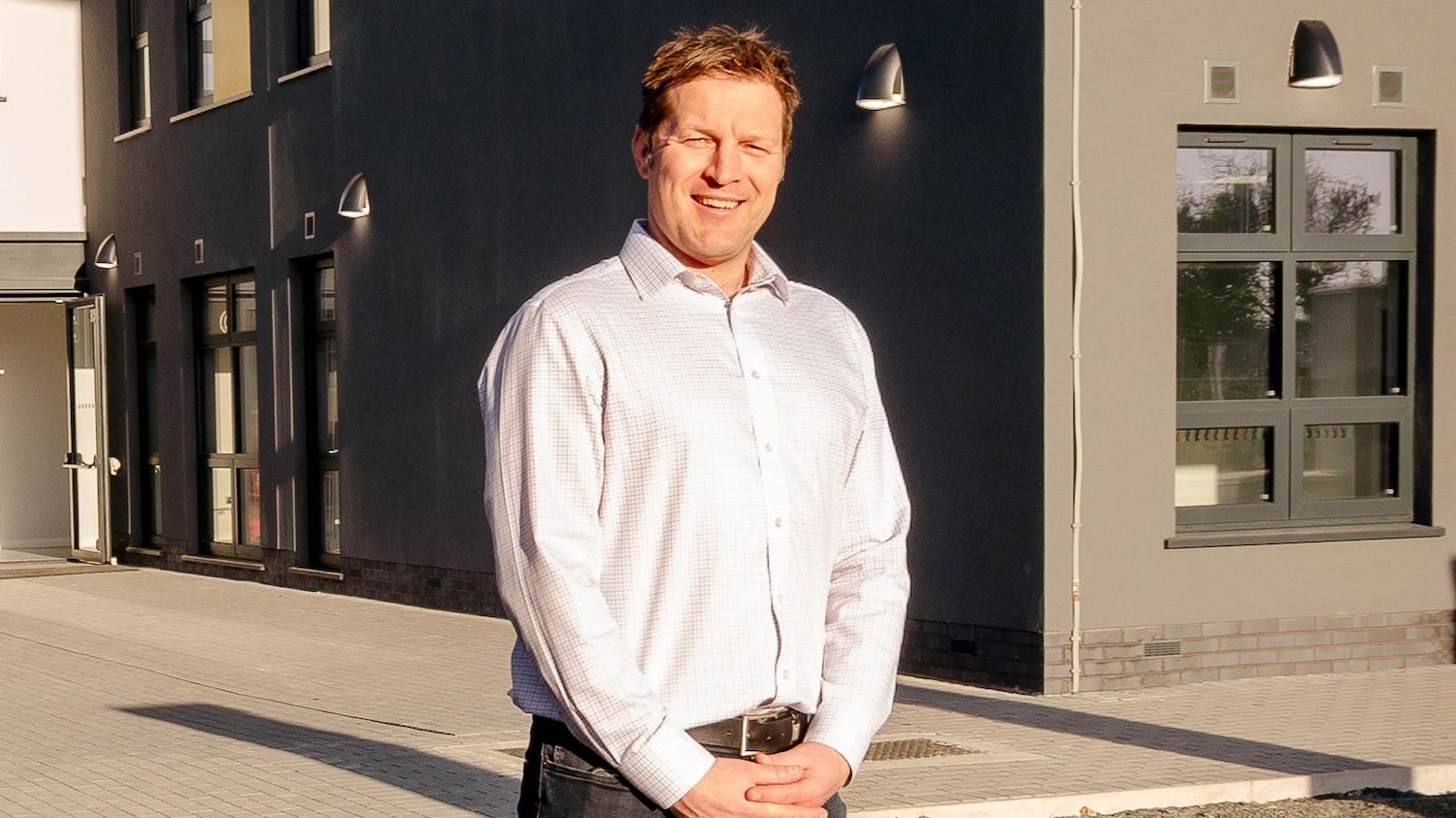
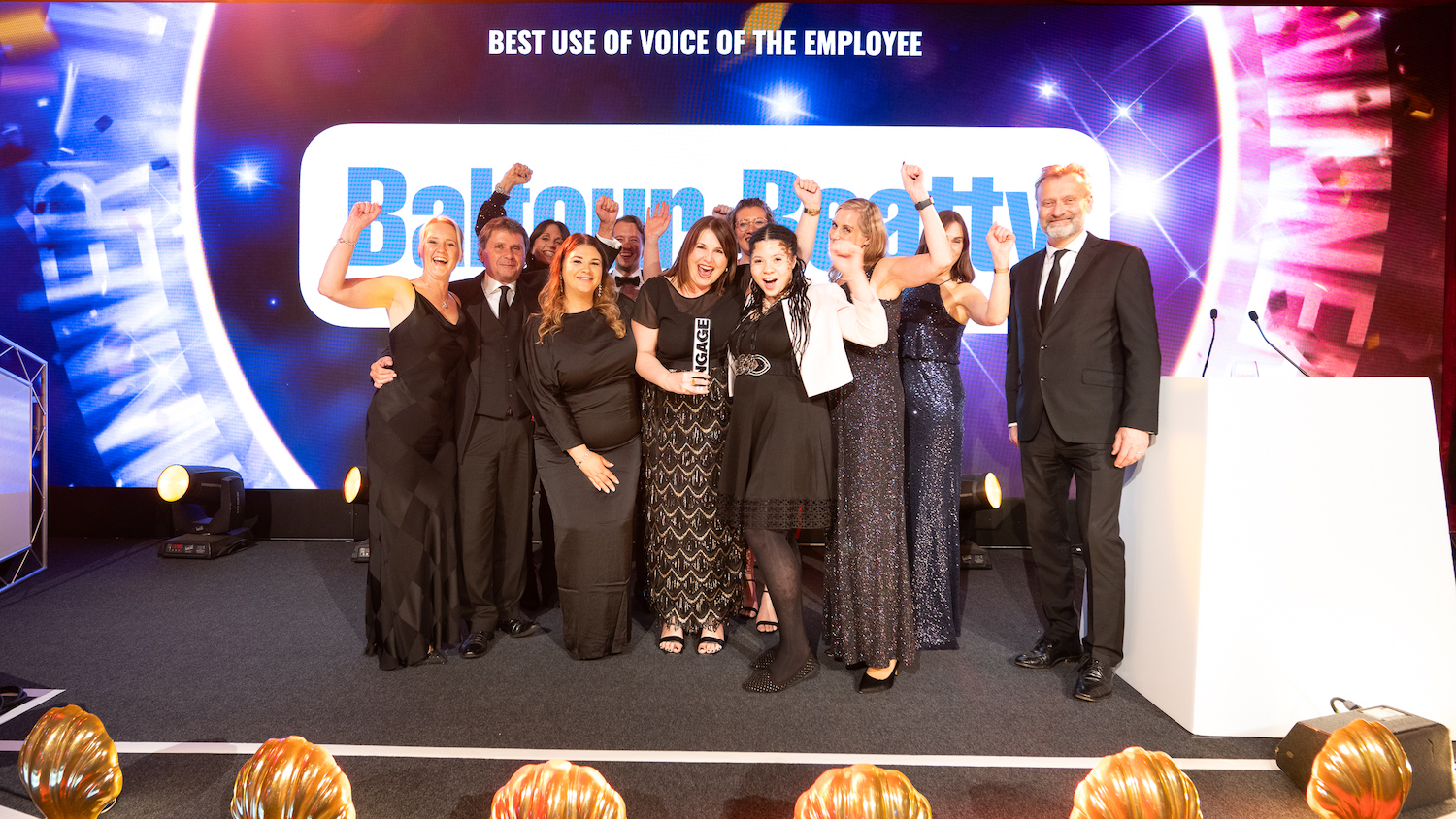


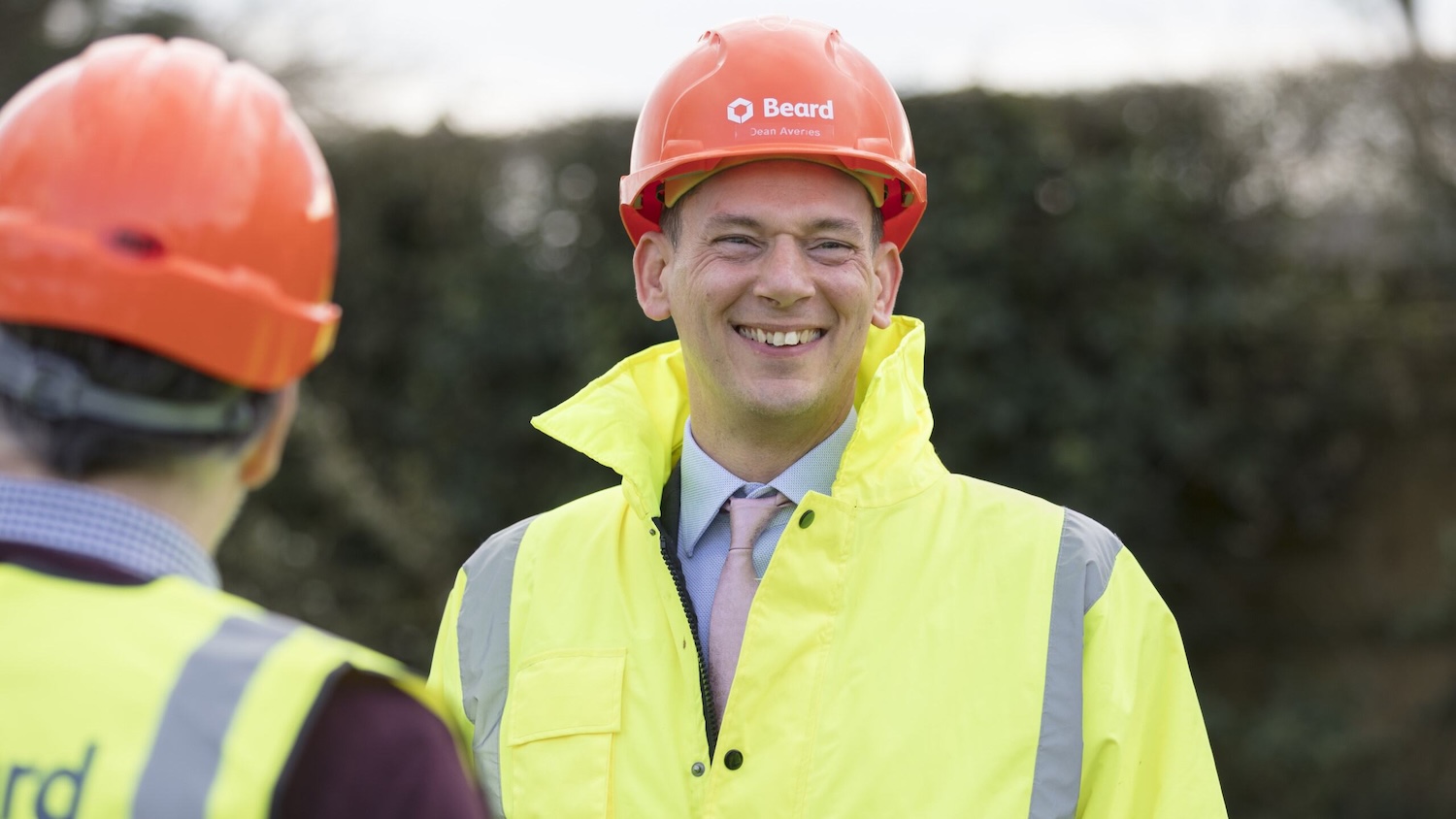
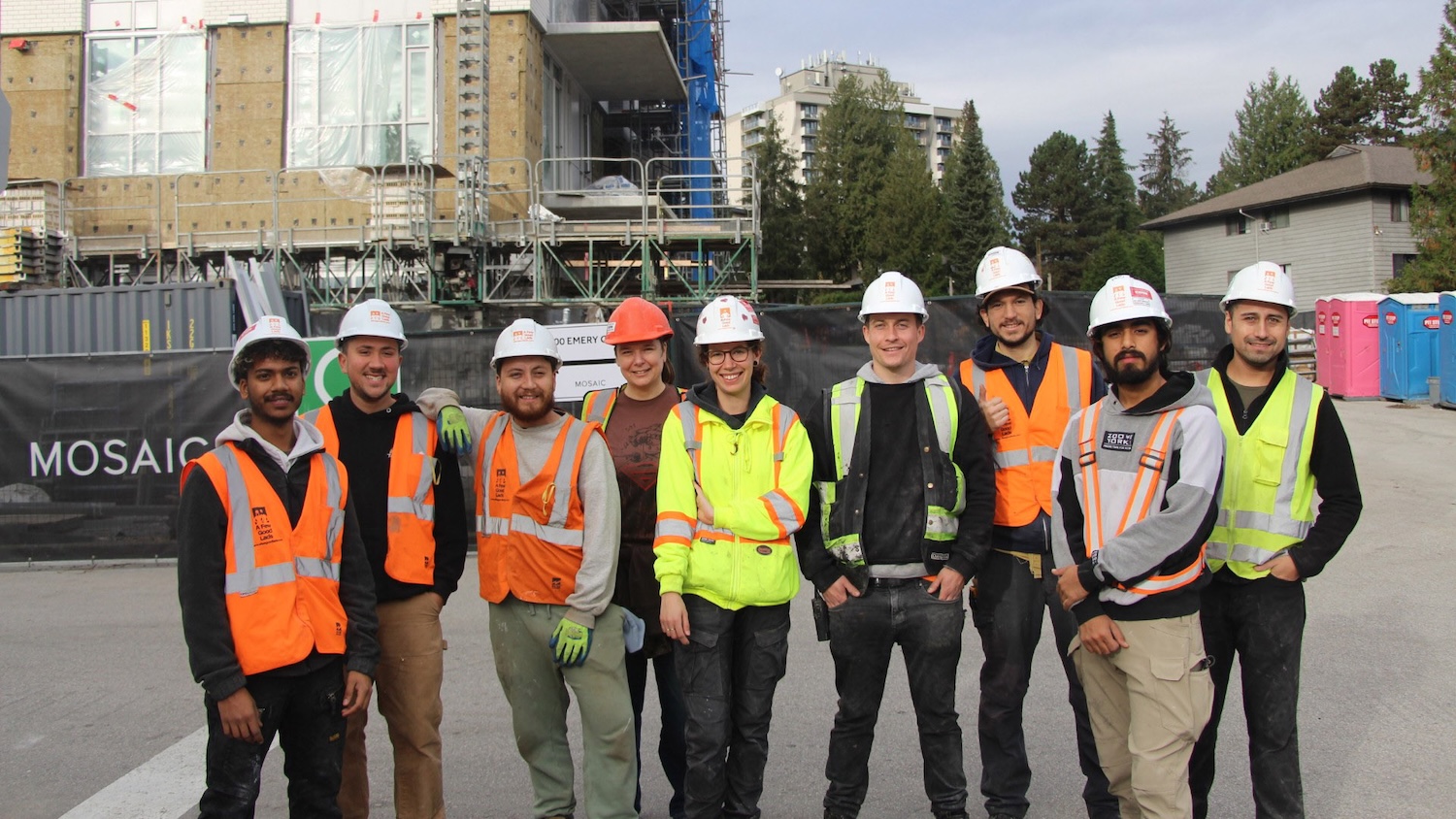
Nobody wants to talk about the massive increase iin suicides since the introduction of CDM regulations. Which year on year comes up with ever increasing ways to over complicate the easiest of processes.
But instead, what will happen will be the site management teams being asked to print out some posters to laminate and put up on the wall. Which don’t work and only serve as a reminder of their own depression.
Despite all of the biggest companies keen to jump on the diversity and inclusivity bandwagon. This simply does NOT extend to job applicants coming from a freelance background. With many agencies simply refusing to forward CV’,s from freelance backgrounds to their clients.
Many people working freelance are often trapped into having a occasional sometimes lifestyle with no ability or confidence to take family holidays. When back in work only too willing to work late and weekends in an attempt to get level after getting deeply in debt due to unwanted gaps. Weary of the fact that they have little or no pension.
It’s very depressing realising this and applying for full-time work, and continually being rejected despite more than matching the criteria. Espeacally from companies that given employment on a freelance basis many times in the past.